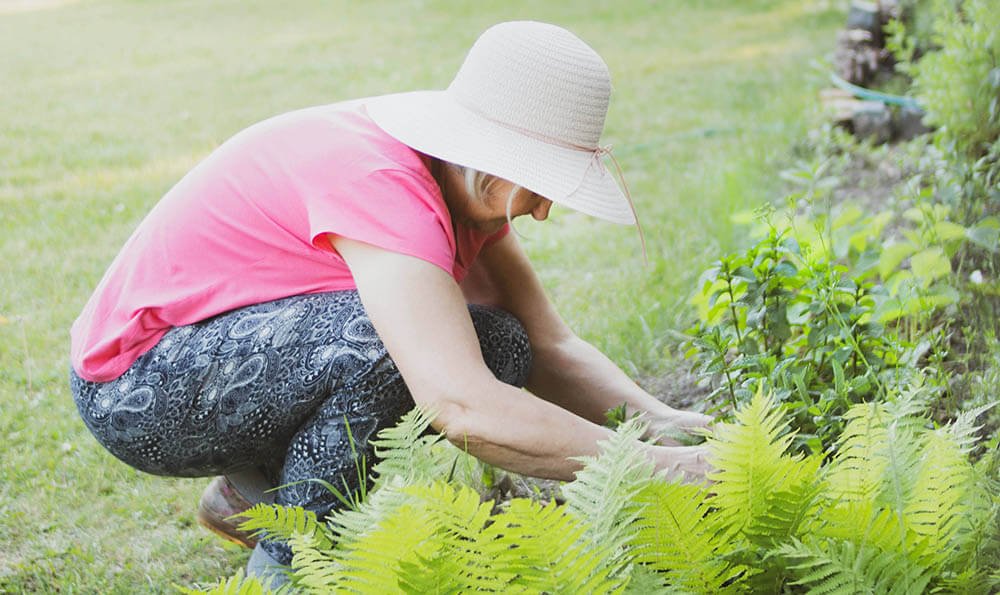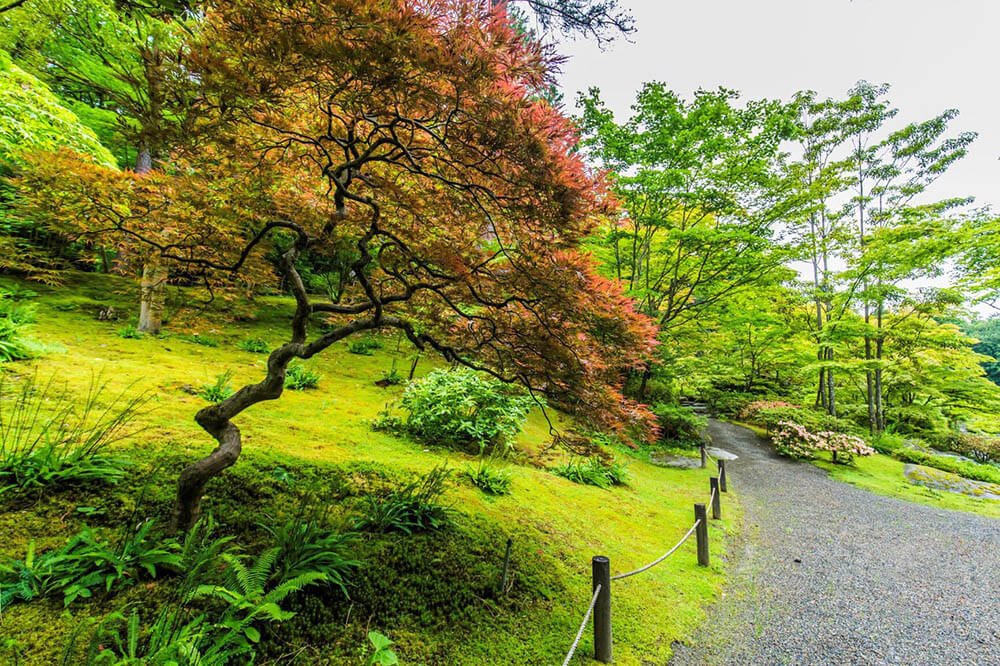Nature and Mental Health: Finding Healing Through Grief Gardening
If you want more information on our Grief and Trauma services, contact our Seattle office, call us at (206) 428-7750, or email us to schedule an appointment.
Are you looking for a simple yet effective practice that harnesses the benefits of nature on mental health? Grief gardening offers numerous advantages we'll explore in this article.
Losing a loved one can be a deeply personal and complex experience that leaves us feeling lost, broken, and trapped in our emotions. The emotional impact of grief and trauma can be overwhelming, making it difficult to find healthy ways to cope and move forward.
Fortunately, there is a growing recognition of the healing power of nature, with one particularly unique practice gaining attention: grief gardening. This approach offers a natural way to help individuals navigate their grief, find comfort, and connect with others through the power of nature.
In this article, we'll delve into the concept of grief gardening, explore its powerful therapeutic benefits, and discuss how it can be a meaningful way to honor the memory of those we've lost.
Understanding Grief Gardening
Grief gardening, also known as therapeutic horticulture, involves tending to plants as a means of processing emotions and finding comfort during times of distress.
It is a practice that has been embraced by individuals like Mike Hawley featured in this Seattle Times article: How grief gardening helped two PNWers cope with loss. “There is a therapeutic aspect to being out in the garden — it can be calming and reduce feelings of isolation and loneliness.”
Seattle-area resident Hawley found solace in caring for a garden after experiencing a devastating loss. The lesson: The act of nurturing plants, whether in a backyard or with indoor houseplants, can have a profound impact on our emotional well-being.
Therapeutic Benefits of Gardening in Times of Distress
Professionals specializing in grief have emphasized the healing advantages of gardening for people who are going through grief and trauma. Tending to plants can diminish tension, unease, and depression while enhancing mood and lowering blood pressure.
According to the Seattle Times article, further research shows exposure to plants may promote quicker recovery following surgery. A study published in the Journal of Physiological Anthropology found that indoor plants might decrease emotional and physical stress by "suppressing autonomic nervous system activity."
Individuals living with dementia can also benefit significantly from gardening. The colors, scents, and sounds of gardens can improve sleep and cognition, and reduce distress. Horticultural therapy programs have been effective in teaching new skills and restoring lost abilities.
The Seattle Times piece included this insight from our own Rebecca Mullins, a certified grief and trauma coach in Seattle…
“Gardening can be a way to channel these feelings,” she said. “It engages the senses — the smell of the flowers, the texture of the soil, the different plant colors — all of this can be grounding and provide a healthy distraction during stressful times.”
Mullins said that a common misconception about gardening is that it requires expertise in plants or a large backyard, but gardening can be accessible to people with various levels of experience and all different spaces and can include taking care of indoor plants or having a windowsill garden. Seeing the plants grow and change can also help people grieving be more mindful of how they think about death and loss.
“Loss is connected to change, and it happens within ourselves and in nature,” Mullins said. “Plants can dry up and die off — often in the winter — and watching them bloom again after you have cared for them can create a sense of hope and be a beautiful reminder that new growth is possible.”
Connecting with Nature in Seattle
Seattle, renowned for its flourishing botanical gardens and lush greenery, provides an abundance of opportunities to connect with nature and enjoy the therapeutic benefits of gardening.
Kruckeberg Botanic Garden situated in Shoreline, WA, boasts a diverse range of plants native to the Pacific Northwest and other exotic trees and plants.
Image courtesy Seattle Japanese Garden
Located in the Madison Park neighborhood, Seattle Japanese Garden is a 3.5-acre serene oasis, designed to help you immerse yourself in the surroundings and appreciate the beauty of nature mindfully.
If you are looking for beautiful Seattle garden spots to visit during fall and winter, Joseph A. Witt Winter Garden in the Washington Park Arboretum should be on your list. It showcases Chinese Red Birch trees and winter-blooming bulbs that will leave you in awe.
Seattle metro is also home to an abundance of nurseries and resources that cater to individuals interested in gardening. The city's consistent rainfall guarantees a surplus of natural beauty throughout the year, providing a chance to find solace in nature all year round.
The Healing Power of Plants
Plants have a unique way of offering solace and hope in times of grief. Observing the lifecycle of plants, from germination to withering and back to blooming, acts as a reminder that new growth is possible and that there is always hope, even in the face of loss.
The simple routine of gardening, such as feeding, pruning, and watering plants, can provide a certain level of comfort and purpose to individuals coping with grief by establishing a healing routine.
Moreover, plants can serve as a powerful medium for honoring the memories of loved ones. Creating a memorial garden or caring for a loved one's plants after their passing can offer a direct and meaningful way to maintain a connection with them.
Nature, Mental Health, and Therapeutic Horticulture
Grief gardening is a powerful and therapeutic practice that can help individuals navigate the challenging journey of grief and trauma.
Caring for plants provides a sense of connection, purpose, and renewal. Research has shown that gardening can decrease stress, anxiety, and depression while improving mood and overall well-being.
And Seattle, with its beautiful botanical gardens, nurseries, and supportive community, offers a nurturing environment for individuals to engage in grief gardening.
By embracing the healing power of plants, we can find solace, honor the memory of loved ones, and create new possibilities for healing and growth.
Are you or someone you know struggling with grief and trauma?
You don't have to go through it alone. Our Seattle office in the First Hill neighborhood is here to provide the support you need to begin your journey toward healing and restoration.
Contact us today to schedule an appointment via phone at (206) 428-7750 or email. Let us help you take the first step towards a brighter tomorrow.



